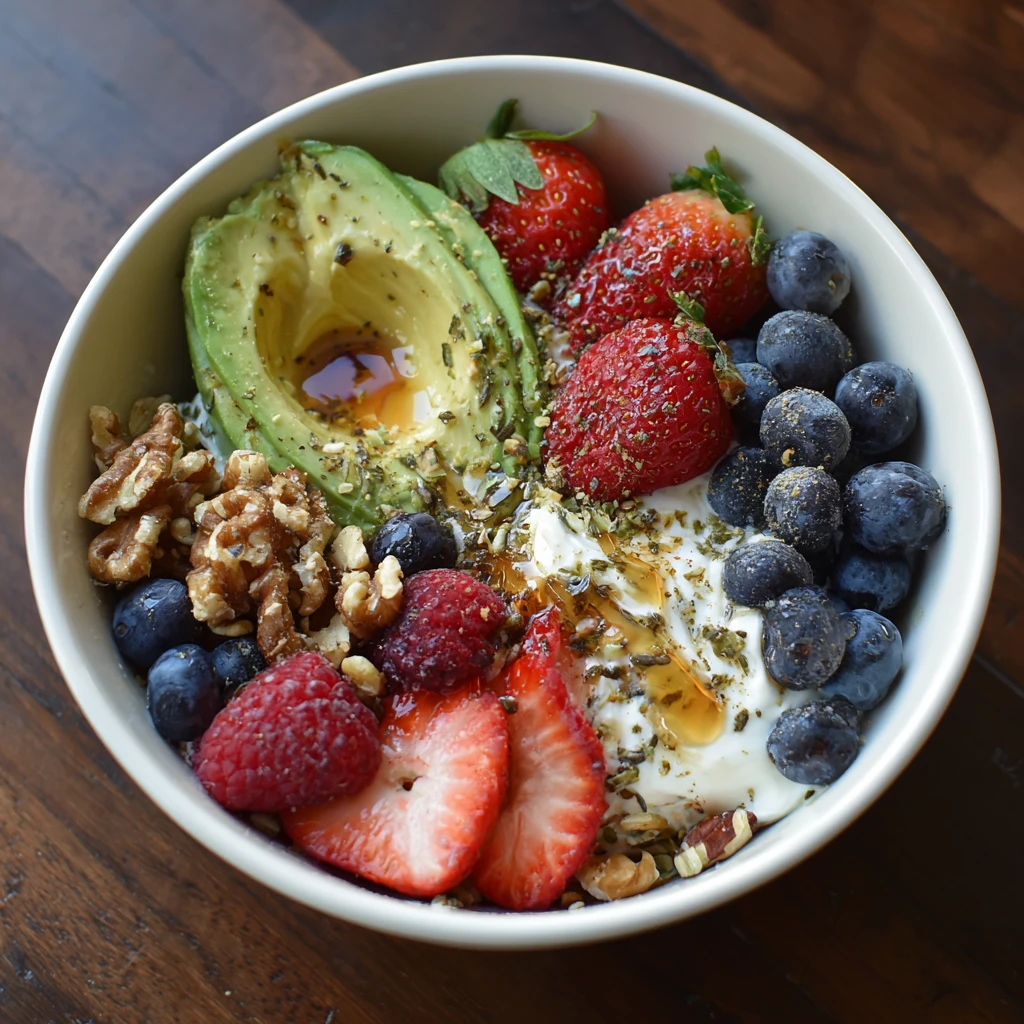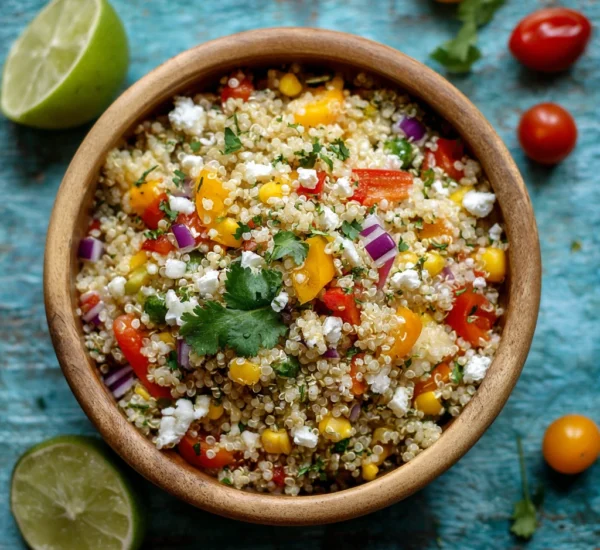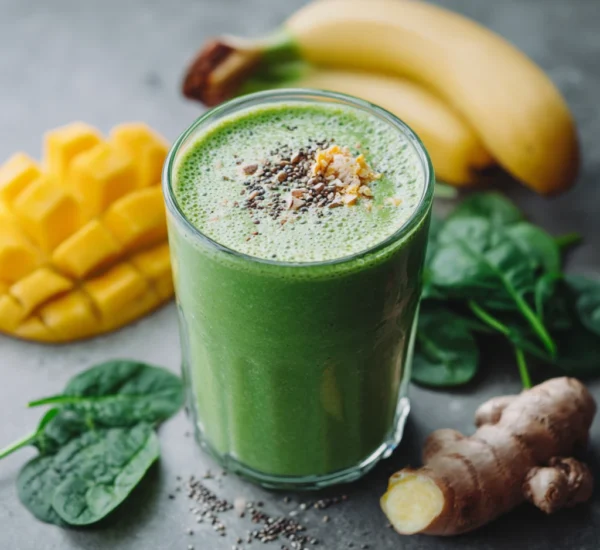Everyday Foods for Mental Sharpness: Fuel Your Mind
Maintaining optimal mental sharpness is crucial for success, productivity, and overall well-being. While genetics and lifestyle factors play a role, the food we consume significantly impacts our cognitive function. Incorporating specific foods into your daily diet can enhance memory, focus, and overall brain health. This article explores everyday foods that contribute to mental sharpness, providing actionable insights to fuel your mind effectively.
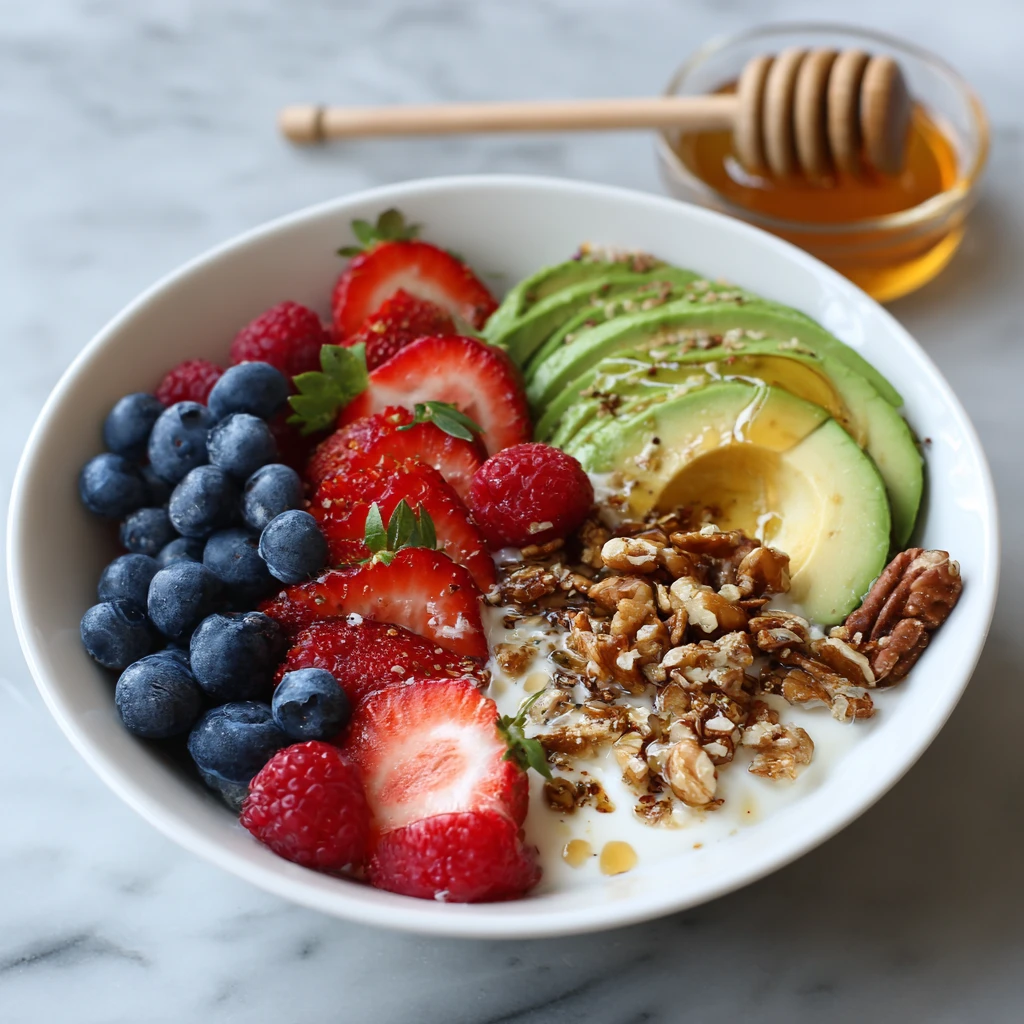
The Brain-Boosting Power of Berries
Berries, vibrant and delicious, are packed with antioxidants that protect the brain from oxidative stress and inflammation, two major contributors to cognitive decline.
Blueberries: Tiny Powerhouses for Memory
Blueberries are particularly renowned for their cognitive benefits. Studies suggest that blueberries can improve memory, learning, and overall cognitive function. Their high concentration of anthocyanins, a type of flavonoid, is believed to enhance neuronal signaling and protect brain cells from damage. Incorporating a handful of blueberries into your breakfast, smoothie, or as a snack can be a simple yet effective way to boost brainpower.
Strawberries and Other Berries: A Colorful Brain Boost
While blueberries often steal the spotlight, other berries like strawberries, raspberries, and blackberries also offer significant cognitive benefits. Like blueberries, they are rich in antioxidants and polyphenols that protect the brain and improve cognitive function. The variety of nutrients in these berries contribute to improved blood flow to the brain and enhanced neuroplasticity, the brain’s ability to adapt and learn. Add a mix of berries to your diet for a diverse range of brain-boosting compounds.
Omega-3 Fatty Acids: Essential for Brain Health
Omega-3 fatty acids, particularly EPA and DHA, are vital components of brain cell membranes and play a crucial role in brain function. They are essential for nerve cell communication and reduce inflammation in the brain.
Fatty Fish: A Prime Source of Omega-3s
Fatty fish such as salmon, tuna, mackerel, and sardines are excellent sources of omega-3 fatty acids. Regular consumption of these fish can improve memory, focus, and overall cognitive performance. Aim for at least two servings of fatty fish per week to reap the brain-boosting benefits. If you are not a fan of fish, consider supplementing with fish oil.
Flaxseeds, Chia Seeds, and Walnuts: Plant-Based Omega-3 Options
For vegetarians and vegans, incorporating plant-based sources of omega-3 fatty acids is crucial. Flaxseeds, chia seeds, and walnuts are excellent sources of ALA, a type of omega-3 that the body can convert to EPA and DHA. While the conversion rate may not be as efficient as consuming fish, these foods still provide valuable omega-3s for brain health. Add flaxseeds or chia seeds to your smoothies or oatmeal, and snack on walnuts throughout the day.
Leafy Greens: Nutrient-Rich Brain Food
Leafy green vegetables are packed with vitamins, minerals, and antioxidants that are essential for brain health. They are associated with slower cognitive decline and improved memory.
Spinach and Kale: Cognitive Protection
Spinach and kale are nutritional powerhouses, rich in vitamins A and K, as well as antioxidants like lutein and zeaxanthin. These nutrients protect brain cells from damage and improve cognitive function. Vitamin K, in particular, is important for the synthesis of sphingolipids, a type of fat that is critical for brain cell structure. Incorporate spinach and kale into your salads, smoothies, or cooked dishes.
Other Leafy Greens: Variety for Brain Health
Beyond spinach and kale, other leafy greens like romaine lettuce, collard greens, and mustard greens also offer significant cognitive benefits. They provide a variety of vitamins, minerals, and antioxidants that support brain health. Eating a diverse range of leafy greens ensures you are getting a wide spectrum of nutrients to protect and enhance cognitive function.
Nuts and Seeds: Snack Your Way to Mental Sharpness
Nuts and seeds are packed with healthy fats, vitamins, and minerals that are beneficial for brain health. They provide a convenient and nutritious snack option that can boost cognitive function.
Walnuts: Brain-Shaped and Brain-Boosting
Walnuts are particularly beneficial for brain health due to their high omega-3 fatty acid content, as well as antioxidants and vitamin E. Studies have shown that walnuts can improve cognitive function, memory, and mood. The unique combination of nutrients in walnuts makes them a powerful brain food.
Pumpkin Seeds, Sunflower Seeds, and Almonds: Versatile Cognitive Enhancers
Pumpkin seeds are rich in zinc, which is crucial for cognitive function and memory. Sunflower seeds are a good source of vitamin E, an antioxidant that protects brain cells from damage. Almonds provide vitamin E and healthy fats that support brain health. Incorporate these nuts and seeds into your diet as snacks, toppings for salads, or ingredients in your favorite recipes.
Other Foods for Optimal Brain Function
Beyond the categories above, several other foods can contribute to mental sharpness and overall brain health.
Coffee and Tea: Caffeine for Focus and Alertness
Caffeine, a stimulant found in coffee and tea, can improve focus, alertness, and cognitive performance. It works by blocking adenosine, a neurotransmitter that promotes relaxation and sleepiness. However, it’s important to consume caffeine in moderation, as excessive intake can lead to anxiety and sleep disturbances. Opt for green tea, which contains L-theanine, an amino acid that promotes relaxation without drowsiness, providing a balanced boost in focus and calm.
Dark Chocolate: Antioxidant-Rich Indulgence
Dark chocolate, particularly varieties with a high cocoa content (70% or greater), is rich in flavonoids, antioxidants that protect the brain from oxidative stress. Studies have shown that dark chocolate can improve mood, memory, and cognitive function. Enjoy a small square of dark chocolate as a treat to reap the brain-boosting benefits.
Avocados: Healthy Fats for Brain Health
Avocados are a great source of healthy monounsaturated fats, which are essential for brain health. They improve blood flow to the brain and support cognitive function. Avocados also contain lutein, an antioxidant that protects the brain from damage. Add avocado to your salads, sandwiches, or enjoy it as a dip.
Whole Grains: Steady Energy for the Brain
Whole grains, such as brown rice, quinoa, and oats, provide a steady source of energy for the brain. They are rich in complex carbohydrates that are slowly digested, preventing blood sugar spikes and crashes that can impair cognitive function. Whole grains also contain fiber, which supports gut health and indirectly impacts brain health.
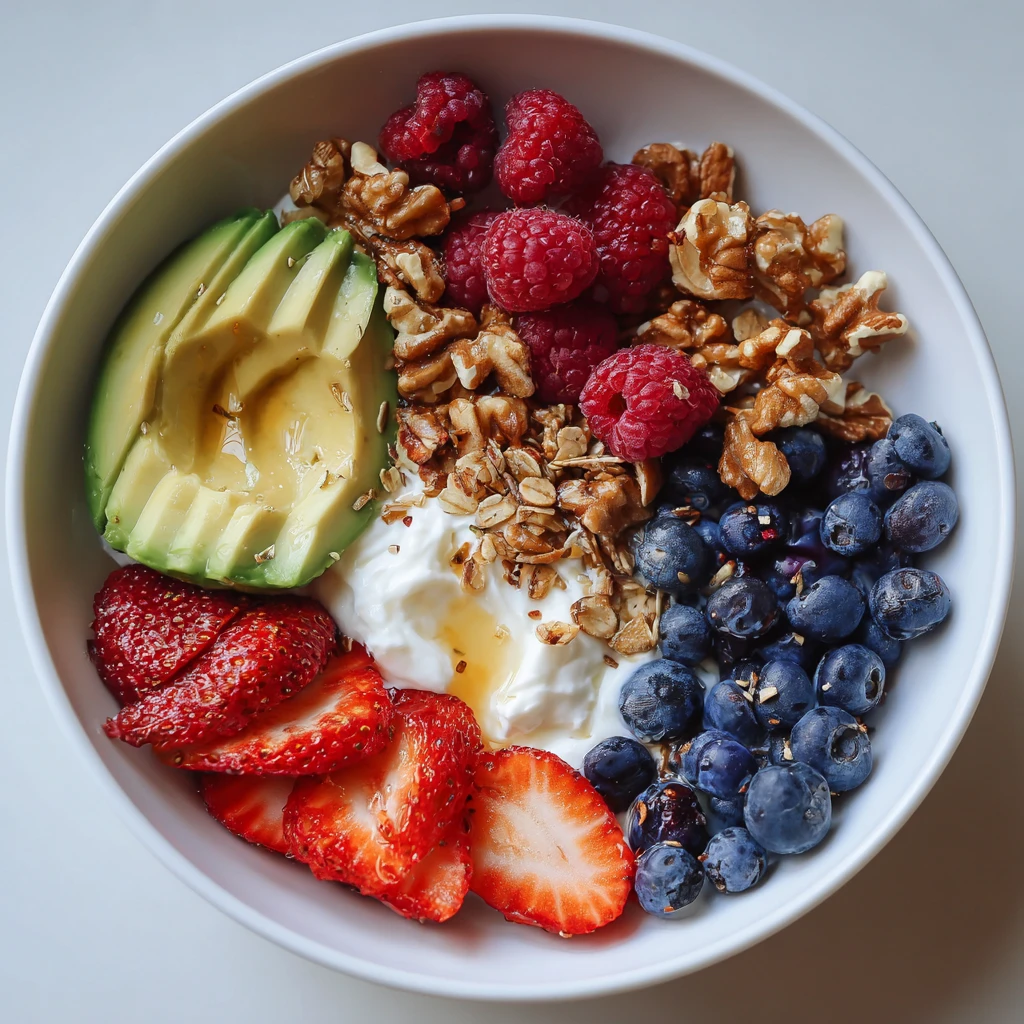
FAQ: Commonly Asked Questions About Foods for Mental Sharpness
Here are some frequently asked questions about foods for mental sharpness, along with detailed answers to guide your dietary choices.
Q: Can diet really improve my memory and focus?
A: Yes, diet plays a significant role in cognitive function. Certain foods contain nutrients, antioxidants, and healthy fats that protect the brain from damage, improve blood flow, and enhance neuronal signaling. Incorporating brain-boosting foods into your diet can lead to improved memory, focus, and overall cognitive performance.
Q: How quickly can I expect to see results from changing my diet?
A: The timeframe for seeing results varies depending on individual factors such as age, overall health, and the extent of dietary changes. Some people may notice improvements in focus and energy levels within a few weeks, while more significant cognitive improvements may take several months. Consistency is key.
Q: Are there any foods I should avoid for optimal brain health?
A: Yes, certain foods can negatively impact brain health. Processed foods, sugary drinks, and foods high in saturated and trans fats can contribute to inflammation and oxidative stress in the brain, leading to cognitive decline. Limiting these foods and focusing on whole, nutrient-rich foods is crucial for optimal brain function.
Q: What is the best time of day to eat brain-boosting foods?
A: Incorporating brain-boosting foods throughout the day is ideal. Start your day with a breakfast that includes berries, nuts, and whole grains. Include leafy greens and fatty fish in your lunch and dinner. Snack on nuts and seeds between meals. Staying hydrated and maintaining consistent blood sugar levels throughout the day is also important for cognitive function.
Q: Are supplements necessary if I eat a healthy diet?
A: While a healthy diet is the foundation for brain health, supplements can be beneficial in certain cases. Omega-3 fatty acid supplements, such as fish oil, can be helpful if you don’t consume enough fatty fish. Vitamin D supplements may be necessary if you have limited sun exposure. Consult with a healthcare professional to determine if supplements are right for you.
Q: How does gut health affect brain health?
A: The gut and brain are connected through the gut-brain axis, a complex communication network. The gut microbiome, the community of microorganisms living in your gut, plays a crucial role in brain health. A healthy gut microbiome can reduce inflammation, improve neurotransmitter production, and protect the brain from damage. Eating fiber-rich foods, fermented foods, and probiotics can support gut health and indirectly benefit brain health.
Q: What are the best drinks for brain health?
A: Water is essential for overall health and cognitive function. Staying hydrated helps maintain blood flow to the brain and supports optimal brain function. Green tea, with its combination of caffeine and L-theanine, can improve focus and relaxation. Herbal teas, such as chamomile and peppermint, can promote relaxation and reduce stress, which can indirectly benefit brain health. Avoid sugary drinks, as they can negatively impact blood sugar levels and cognitive function.
Q: How much dark chocolate should I eat for brain health benefits?
A: A small amount of dark chocolate, about one to two squares (1-2 ounces) per day, is sufficient to reap the brain-boosting benefits. Choose dark chocolate with a high cocoa content (70% or greater) and limit your intake to avoid excessive sugar and calories.
Q: Are there specific recipes that incorporate these brain-boosting foods?
A: Yes, there are countless recipes that incorporate brain-boosting foods. Smoothies with berries, spinach, and flaxseeds are a great way to start the day. Salads with leafy greens, nuts, and avocado are a nutritious lunch option. Salmon with roasted vegetables and quinoa is a brain-healthy dinner choice. Experiment with different recipes and find combinations that you enjoy.
Q: What other lifestyle factors contribute to brain health, besides diet?
A: In addition to diet, other lifestyle factors play a crucial role in brain health. Regular physical exercise improves blood flow to the brain and enhances cognitive function. Getting enough sleep is essential for memory consolidation and overall cognitive performance. Managing stress through techniques like meditation and yoga can protect the brain from damage. Engaging in mentally stimulating activities, such as reading, puzzles, and learning new skills, can help maintain cognitive function.
Conclusion: A Mindful Approach to Brain Health Through Diet
By incorporating these everyday foods into your diet, you can actively support and enhance your mental sharpness. Remember that consistency is key, and the benefits of a brain-healthy diet are cumulative. Make mindful choices, prioritize whole, nutrient-rich foods, and enjoy the cognitive rewards of fueling your mind effectively. Combined with a healthy lifestyle that includes exercise, sufficient sleep, and stress management, you can optimize your brain health and unlock your full cognitive potential.
